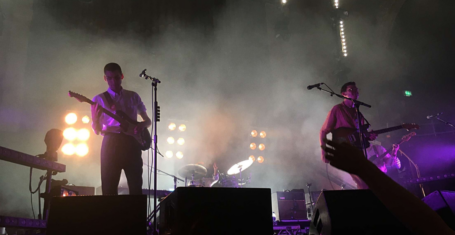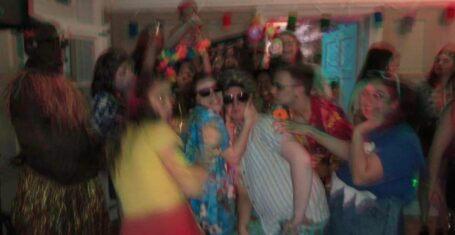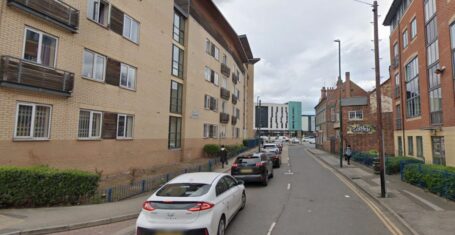
‘I’ve seen it all, I’ve heard it all’: Notts students speak out about their experiences of racism
Racism isn’t as rare as you might think
Racism is rife in university halls, gyms and social spaces; it is often disguised as microaggressions.
Microaggressions are hostile, derogatory, or negative messages to a target person because they belong to a stigmatized group that are brief and common.
For example “where are you really from though” – which communicates to black people that they do not belong here.
We spoke to a number of black students from the University of Nottingham about their experiences with racism.
‘There have been multiple racially motivated incidents, which were more covert and underlying’

Janie, a UoN student, says she’s experienced many racially motivated incidents, which she describes as covert and underlying. “These involved incidents with security and lectures on campus, or even being denied access to certain venues, due to the event being too ‘urban’,” she told The Nottingham Tab.
Janie believes that when it comes to racism, everyone is involved. “You can either fight racism, perpetrate it, or stay silent, but remember once you stay silent, you are on the side of the oppressor. If you feel like you aren’t educated enough, read up on it. The information is readily available for everyone. If you want to ignore it because you’re uncomfortable, imagine how uncomfortable it is to be persecuted because of the colour of your skin.”
Speaking out about the BLM movement Janie raised the question, “how many more black people must be wrongfully killed, incarcerated, oppressed and abused before we speak up?” She continued, “BLM to me is standing in solidarity with my brothers and sisters, joining together to dismantle the racially infiltrated systems that govern society.”
‘I personally experienced racism a lot when I was younger… I’ve seen it all, I’ve heard it all.’

Speaking to the Nottingham Tab about her personal experience with racism, Aurélie M said that she received it a lot when she was younger and growing up. “From the direct racism like “your skin is the same colour as poo”, people telling their siblings to not hang out with me because I a black, “dirty n*gger”, “stop being a monkey” to comment about my hair…I’ve seen it all, I’ve heard it all.”
Aurélie M hopes that when it comes to racism, she wants black people to know that they would stop playing the ‘racial card/ if they stopped making it about race. “I want them to know that it hurts seeing people stand up for ANY cause from LGBTQ+ to animal safety but (when it comes to racism) they act blind when we live amongst them.
“I want them to know that they will never understand the pain and never experience this trauma because of their privilege. I also want them to know that we don’t hate them and we are not against white people that we are against what the society created.”
‘Being asked to show ID in university buildings when no one else is asked made me feel like I don’t belong at the uni.’
In his time at Nottingham University, Jacob says that he has encountered many microaggressions like people touching your hair without permission and being asked to show ID in university buildings when no one else is asked made me feel like I don’t belong at the uni. He said it makes him feel “like I’m being constantly stereotyped and profiled based on my skin colour.”
Jacob told the Nottingham Tab that he believes that “being silent on issues of racism makes you complicit in the continuation of racism and you having a black friend doesn’t mean you cannot be racist. Stop saying ‘I don’t see colour’ because that is counterproductive and ignores the problem. Also, all lives obviously matter but saying ‘all lives matter’ in response to ‘black lives matter’ undermines the oppression that black people face.
“All lives don’t matter until black lives matter.”









































